Raising awareness on imperiled butterflies of South Florida: Habitat rehabilitation in the urban environment (Schools and Neighborhoods)
Butterflies are charismatic, flagship organisms that can be used to promote conservation and biodiversity. Schools provide an opportunity to rehabilitate green spaces in the local communities. Urbanization in Miami-Dade County has degraded large tracts of viable habitats into smaller patches and increased distances between habitats. As a result, rare and endemic species have precipitously declined to low numbers succumbing to inevitable extinction. Recently, the Florida Zestos Skipper, Rockland Meske's Skipper, and Keys Zarucco Skipper were declared extinct in South Florida. Historically, the Schaus’ swallowtail butterfly inhabited South Miami, but now is restricted to several islands in the Florida Keys. The National Park Service began a project to increase habitat for the Schaus’ swallowtail butterfly to prevent extinction from severe habitat loss in South Florida by planting and nurturing 5,000 host plants. Schools can model this same framework for conservation by promoting habitat rehabilitation (native plant butterfly gardens), awareness (activities dedicated toward exploring and investigating local flora and fauna), and advocacy. Ongoing exposure to the school gardens through service learning and project-based assignments can help students achieve academically, become socially aware about environmental quality, and create social capital where students work for the collective good of their community.
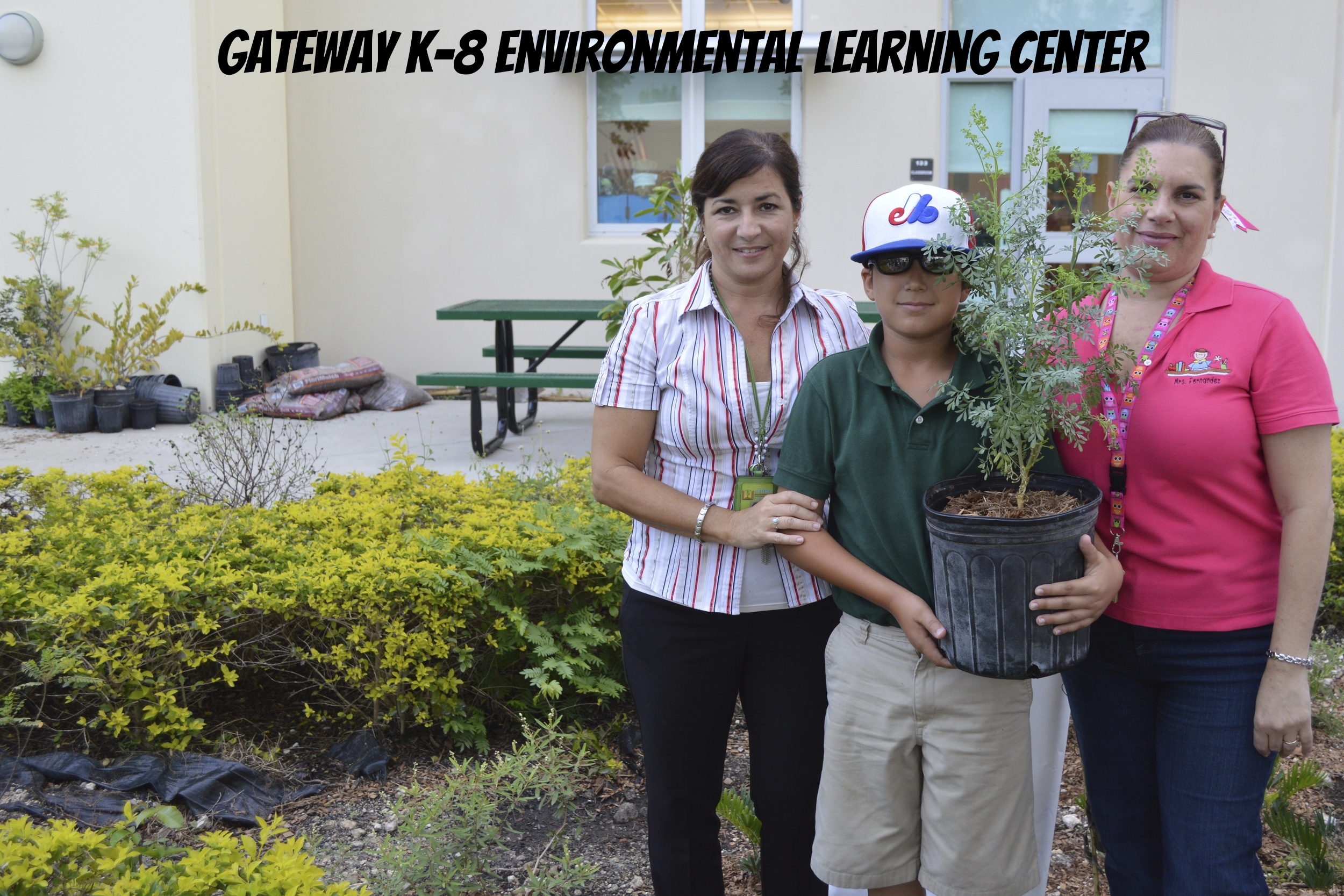
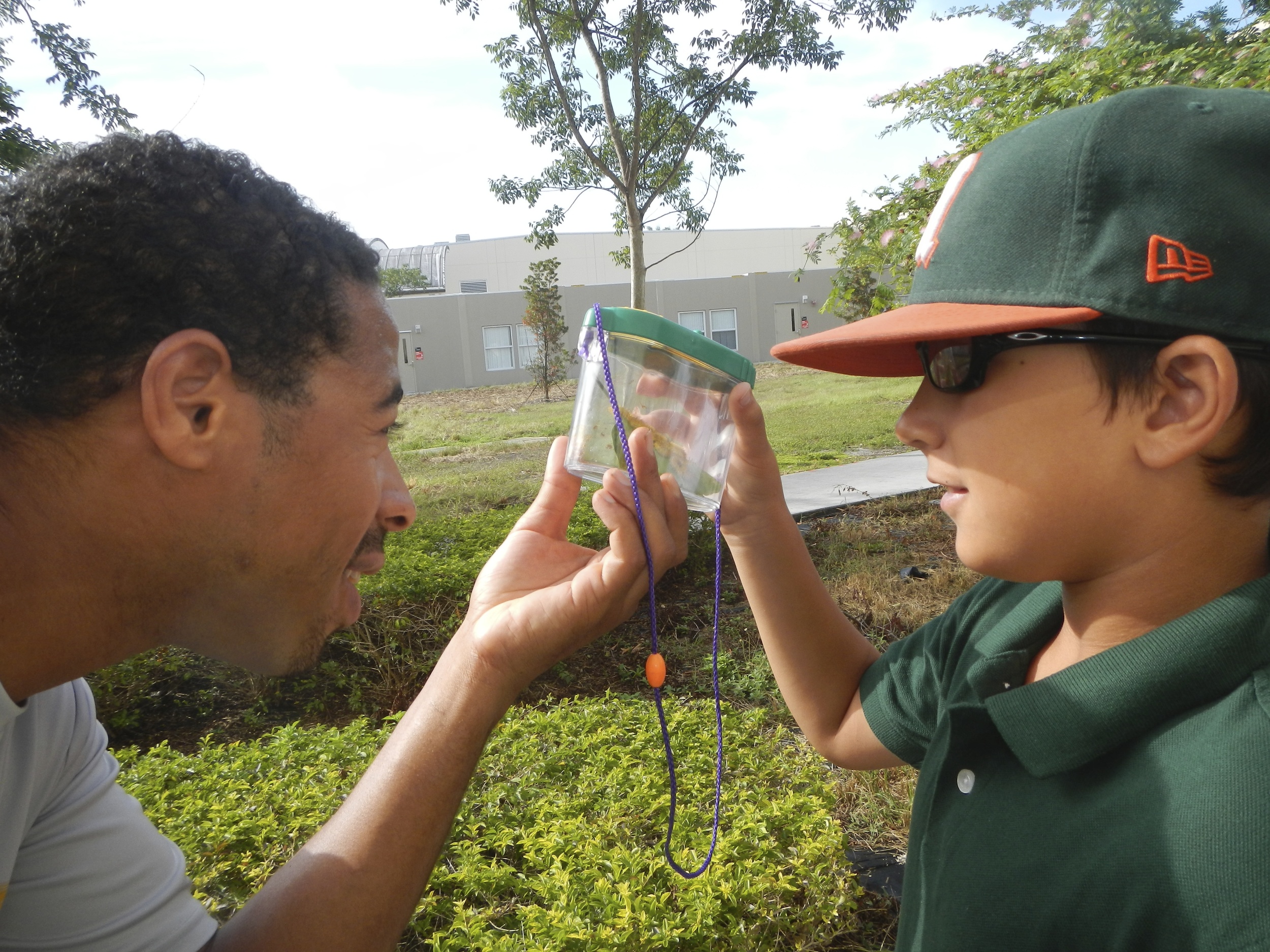
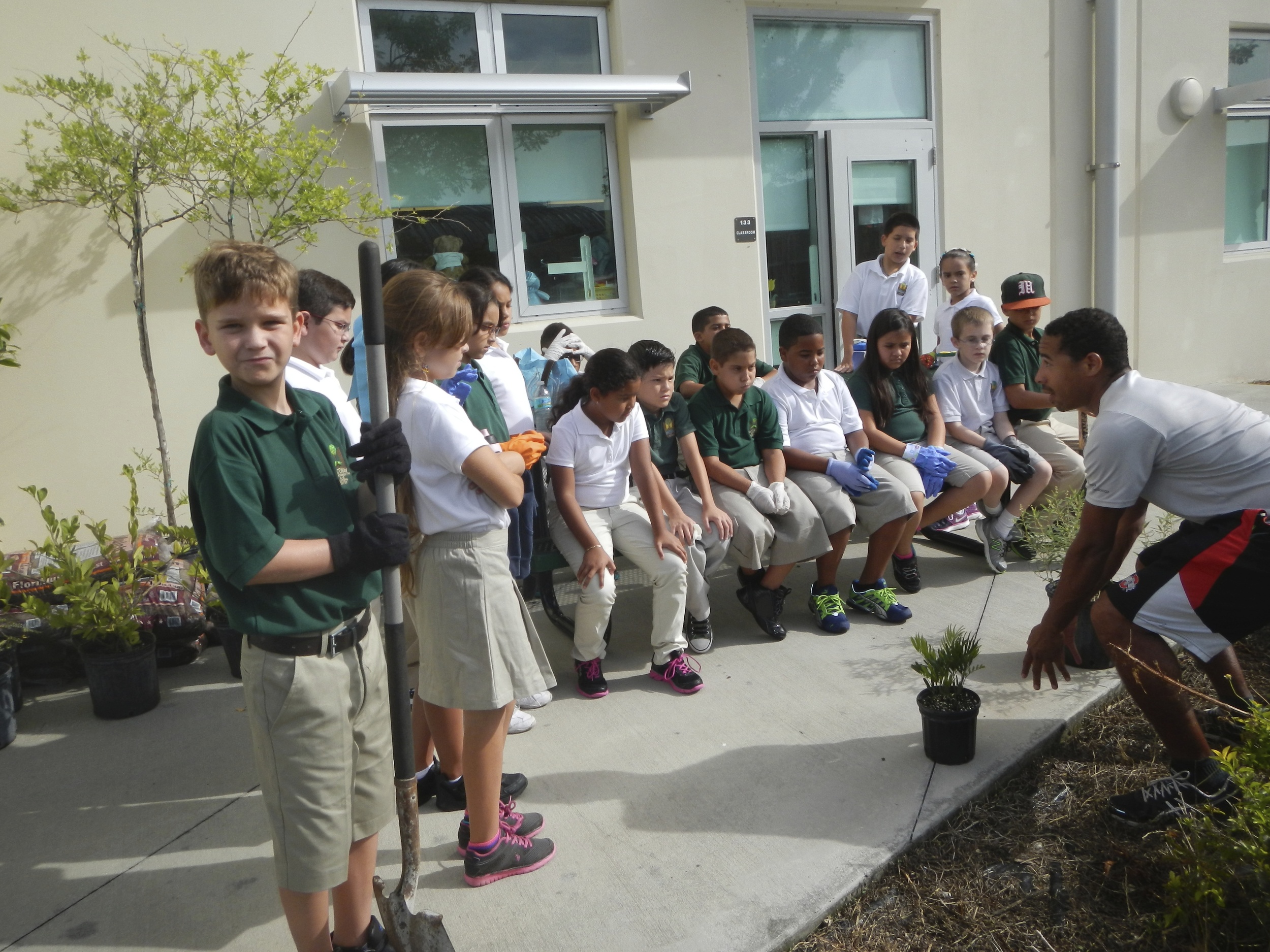
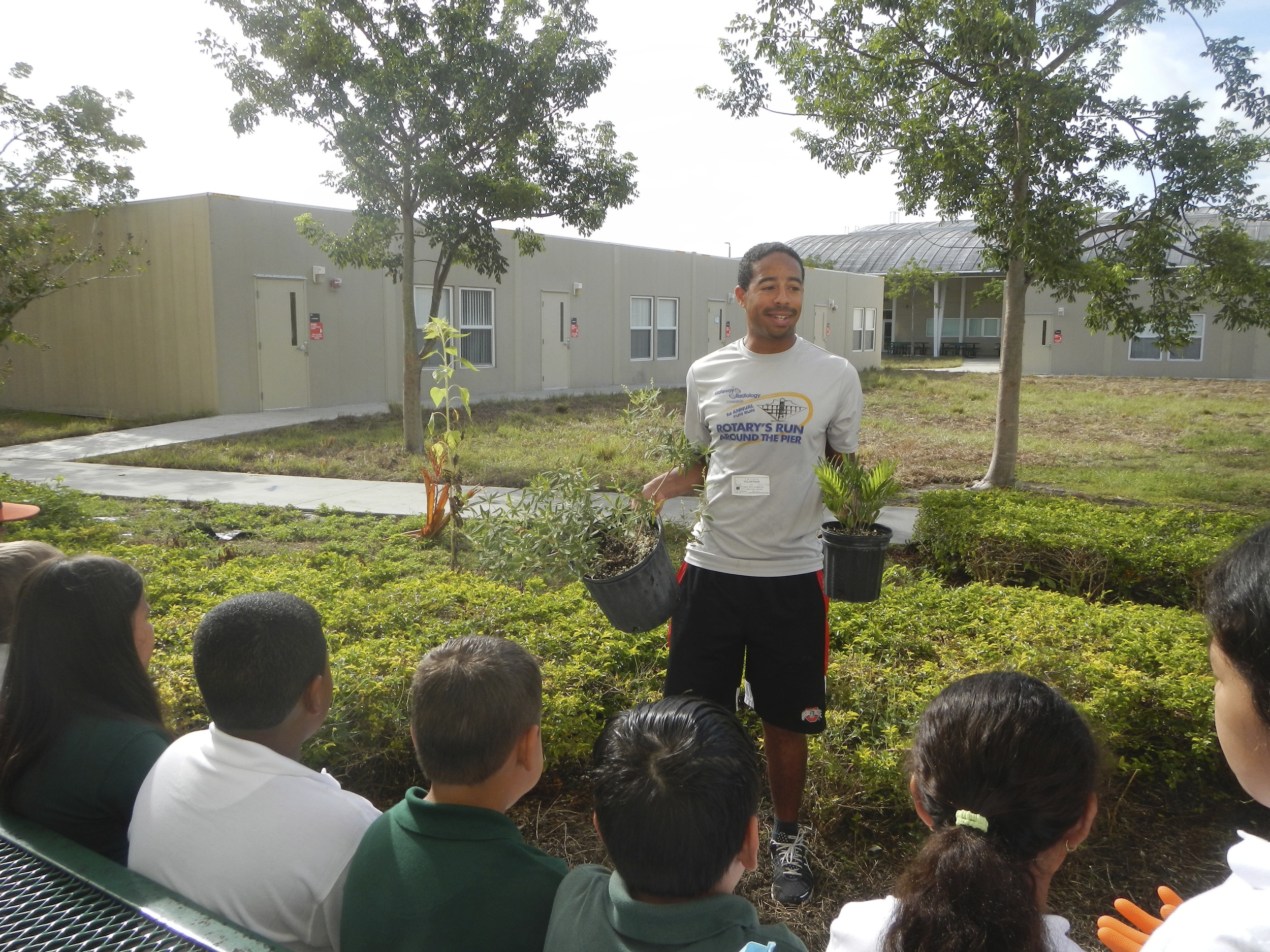
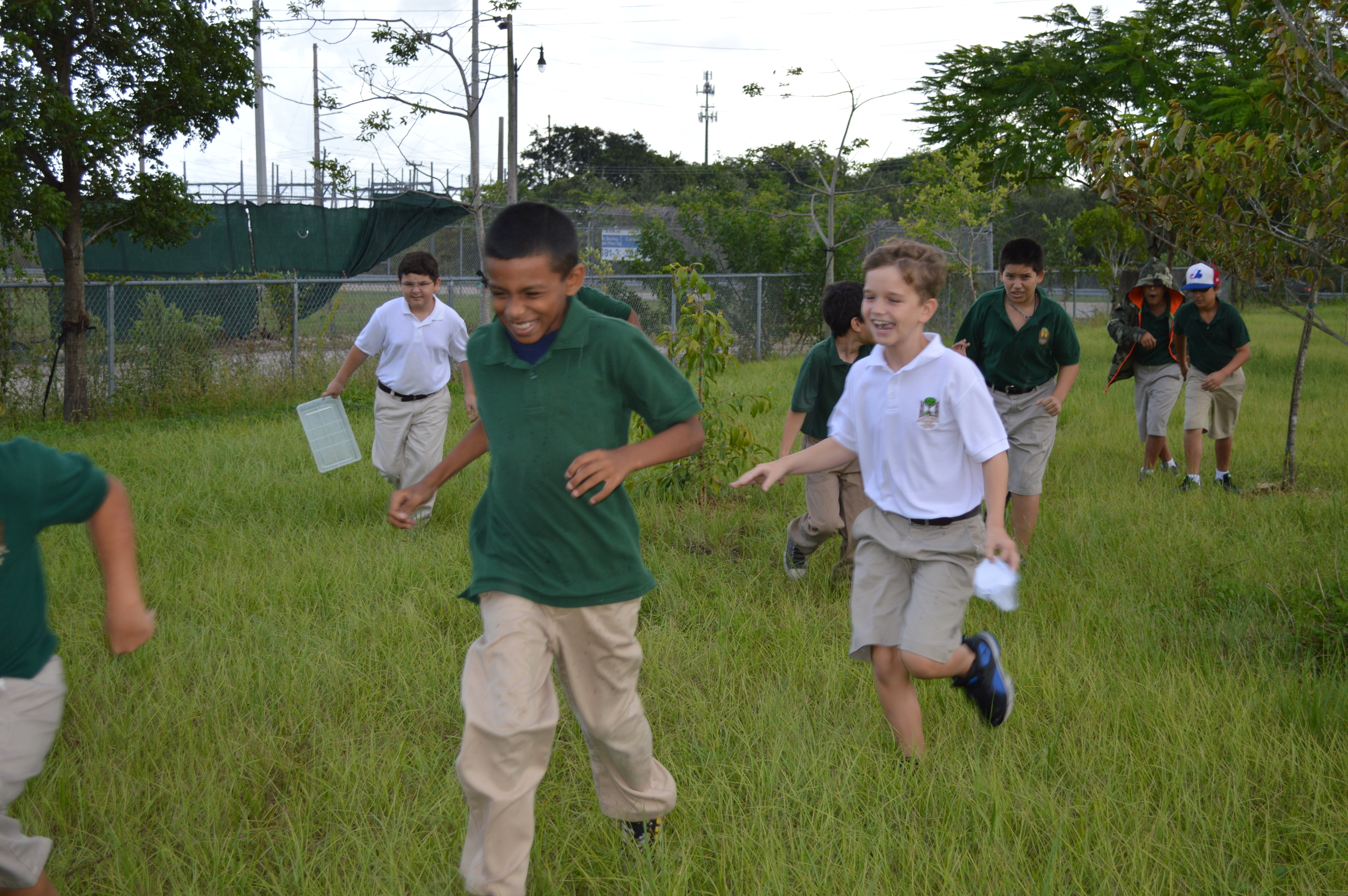
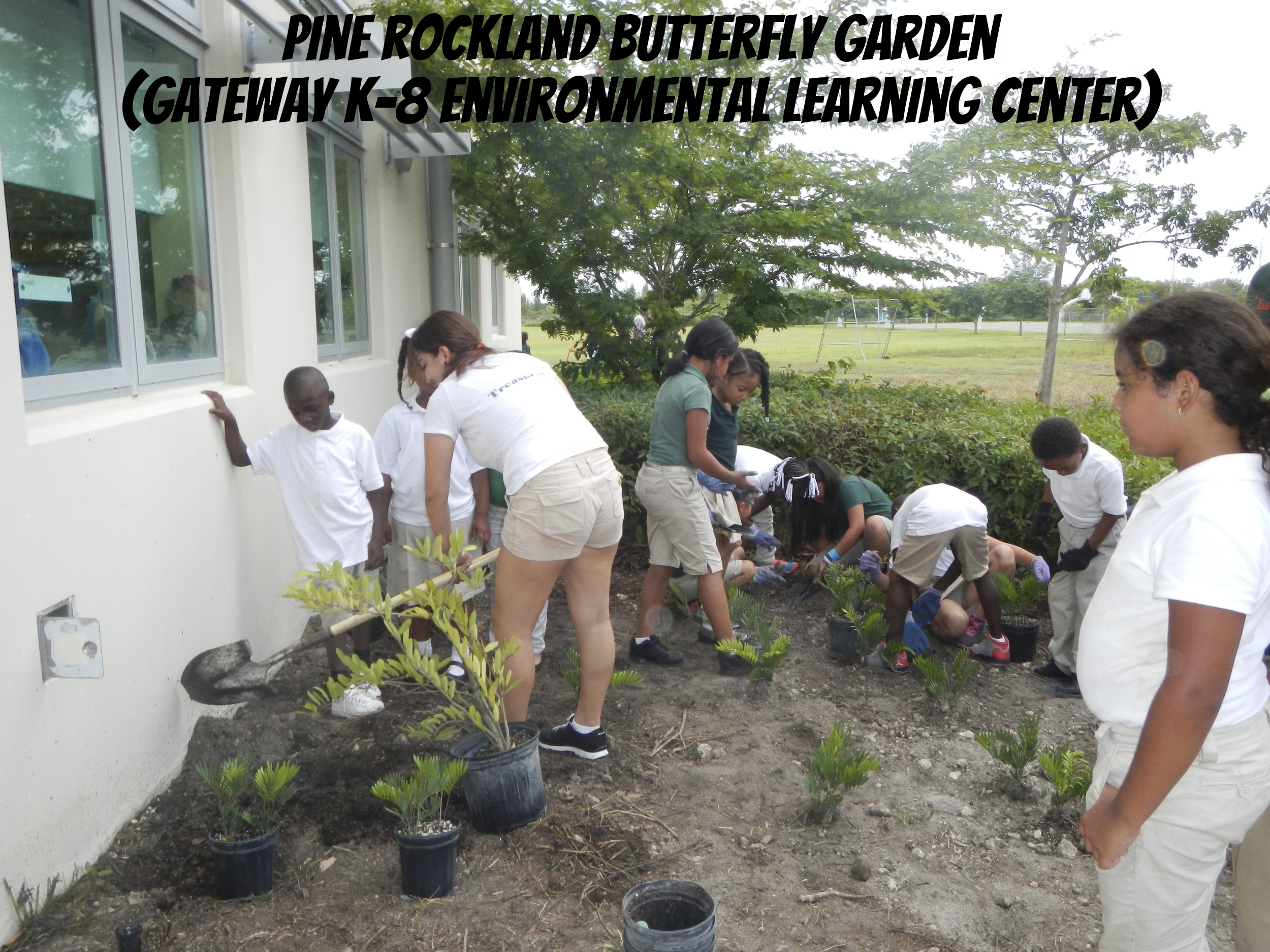
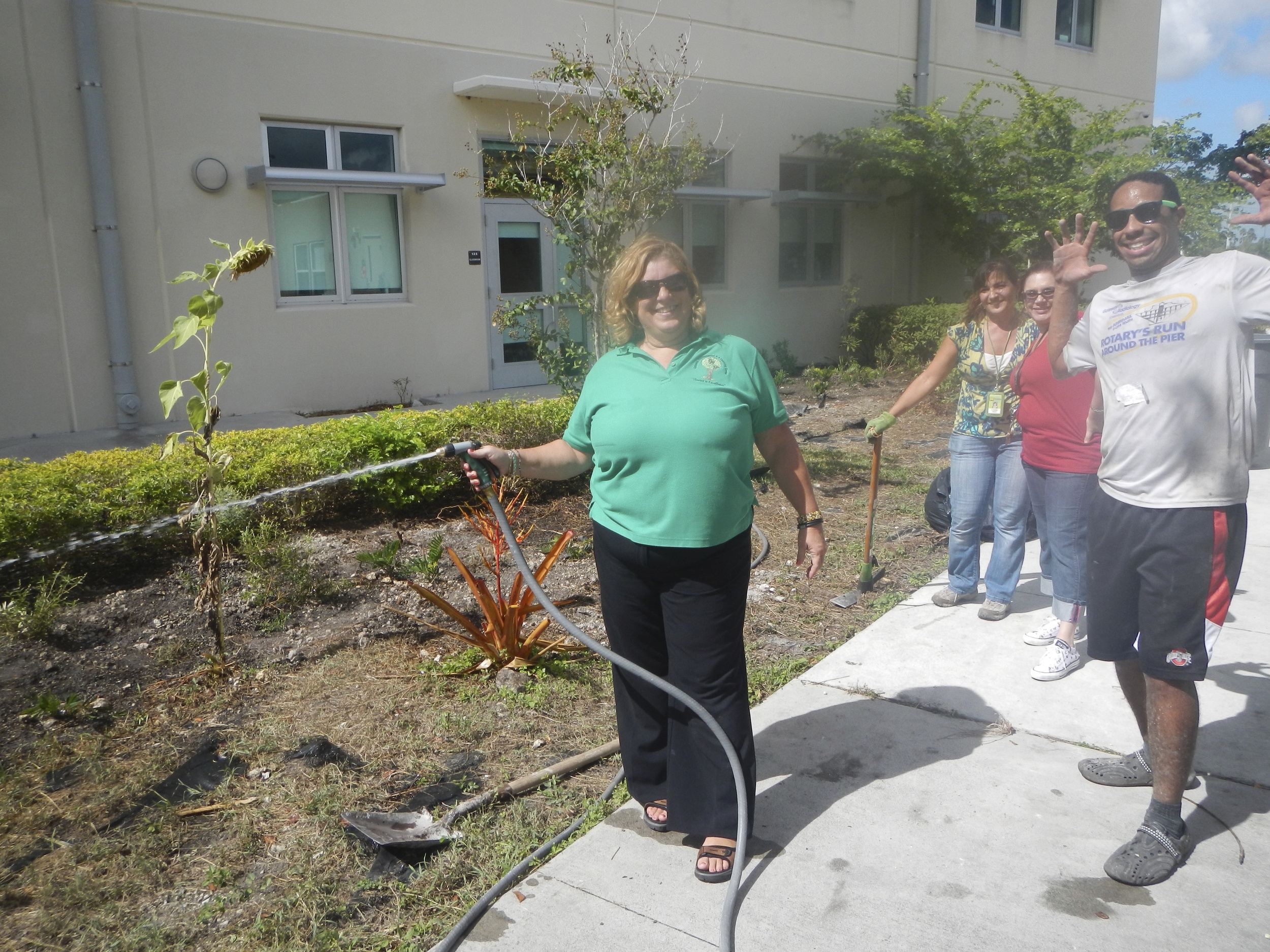
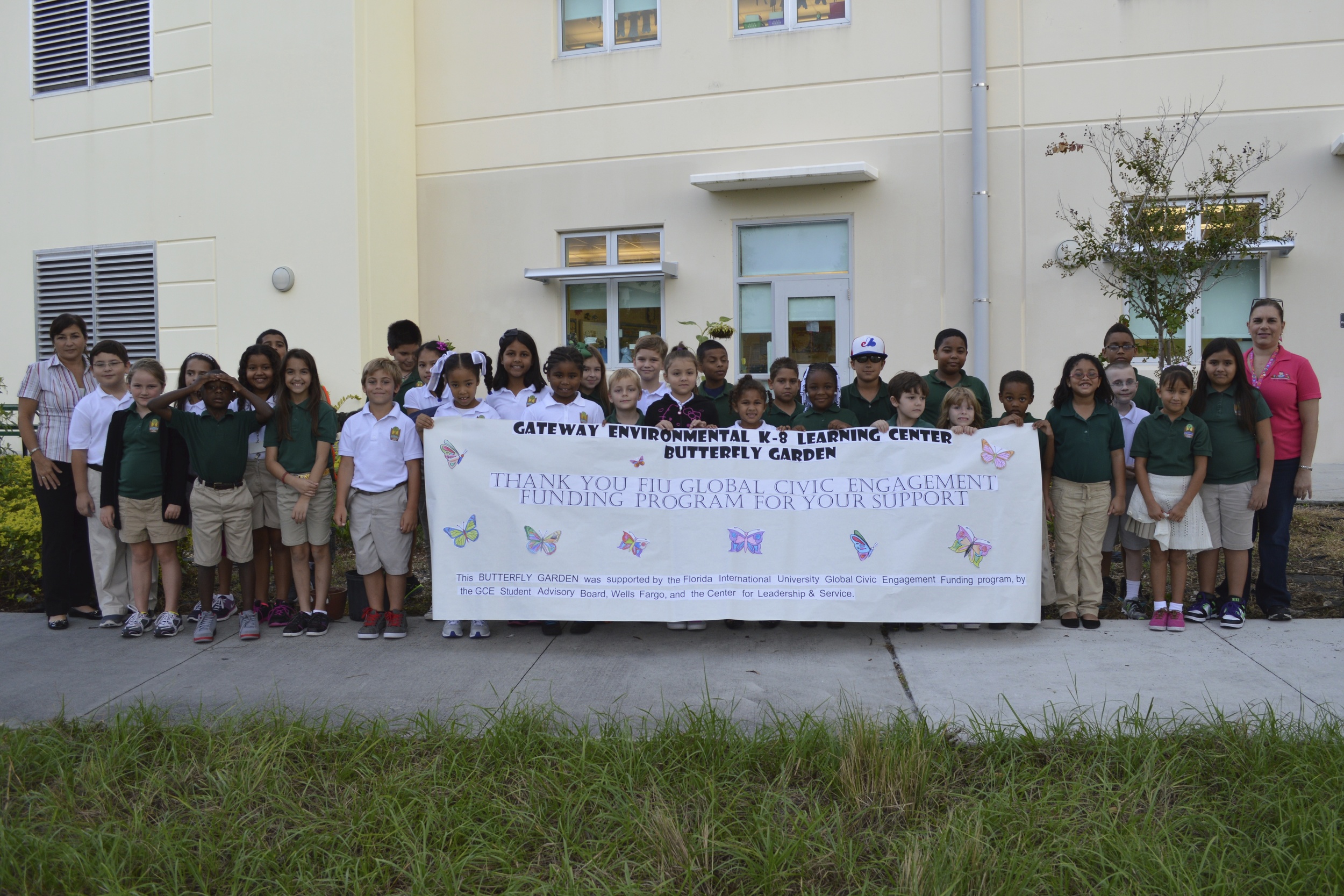
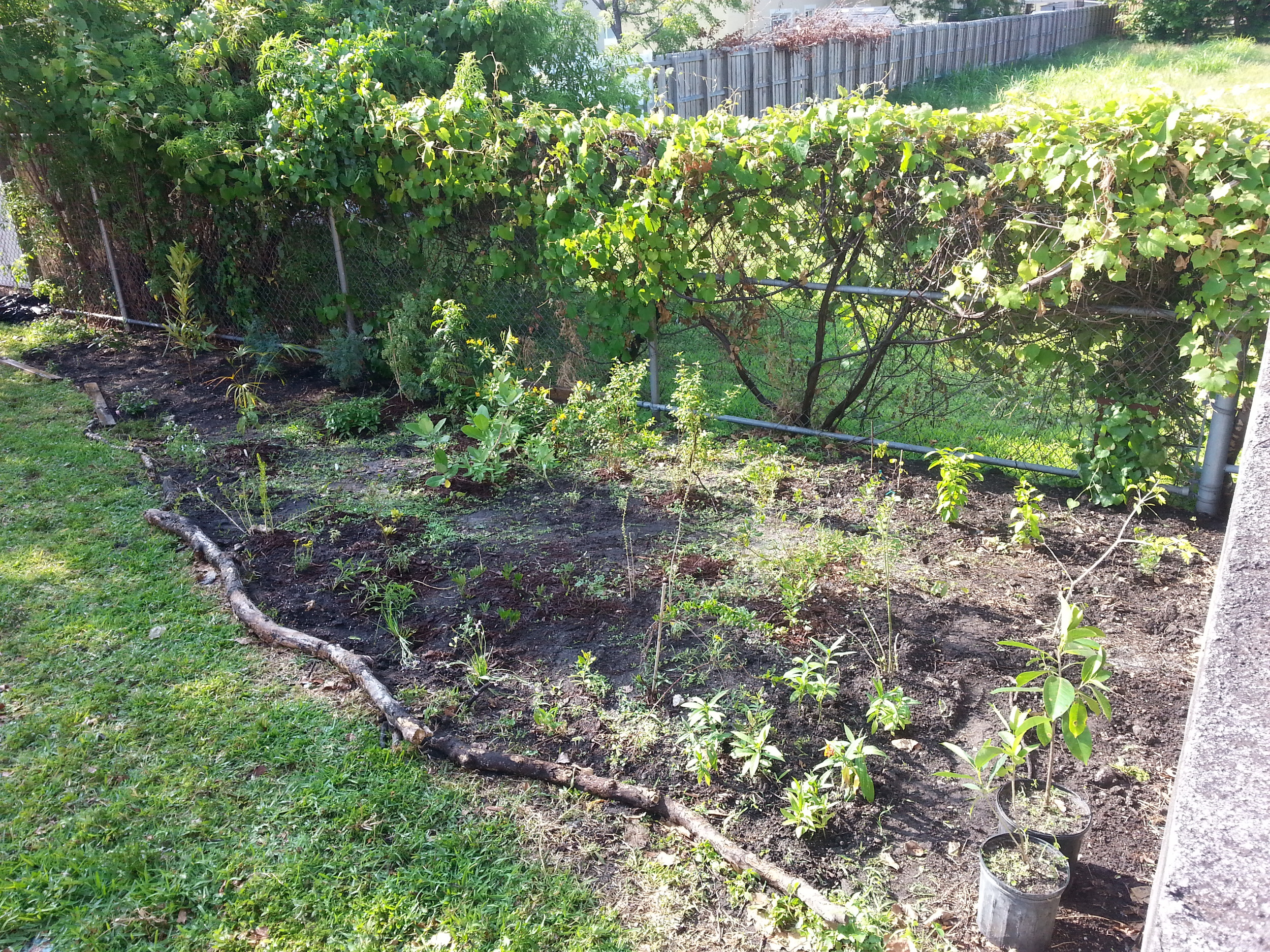
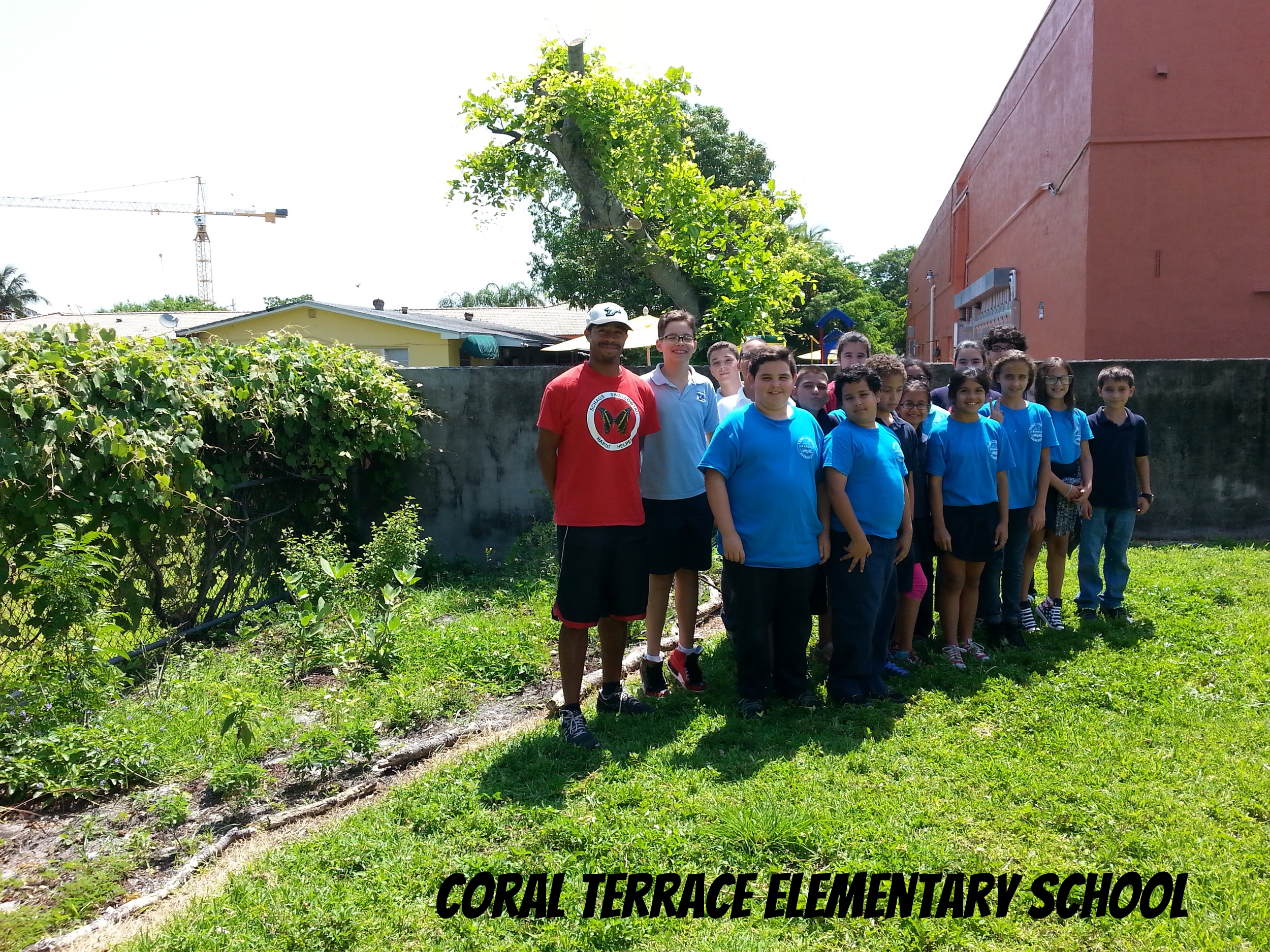
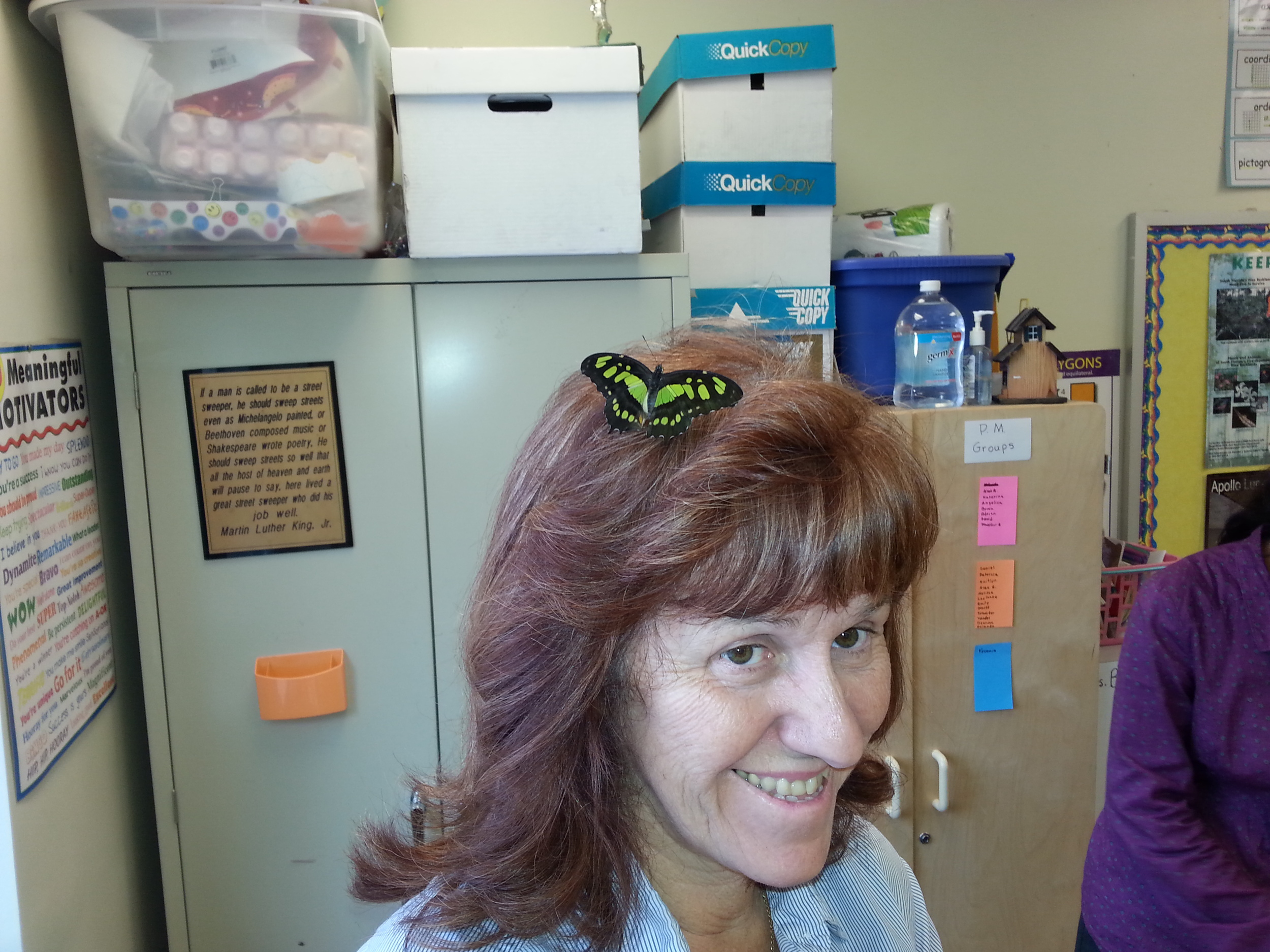
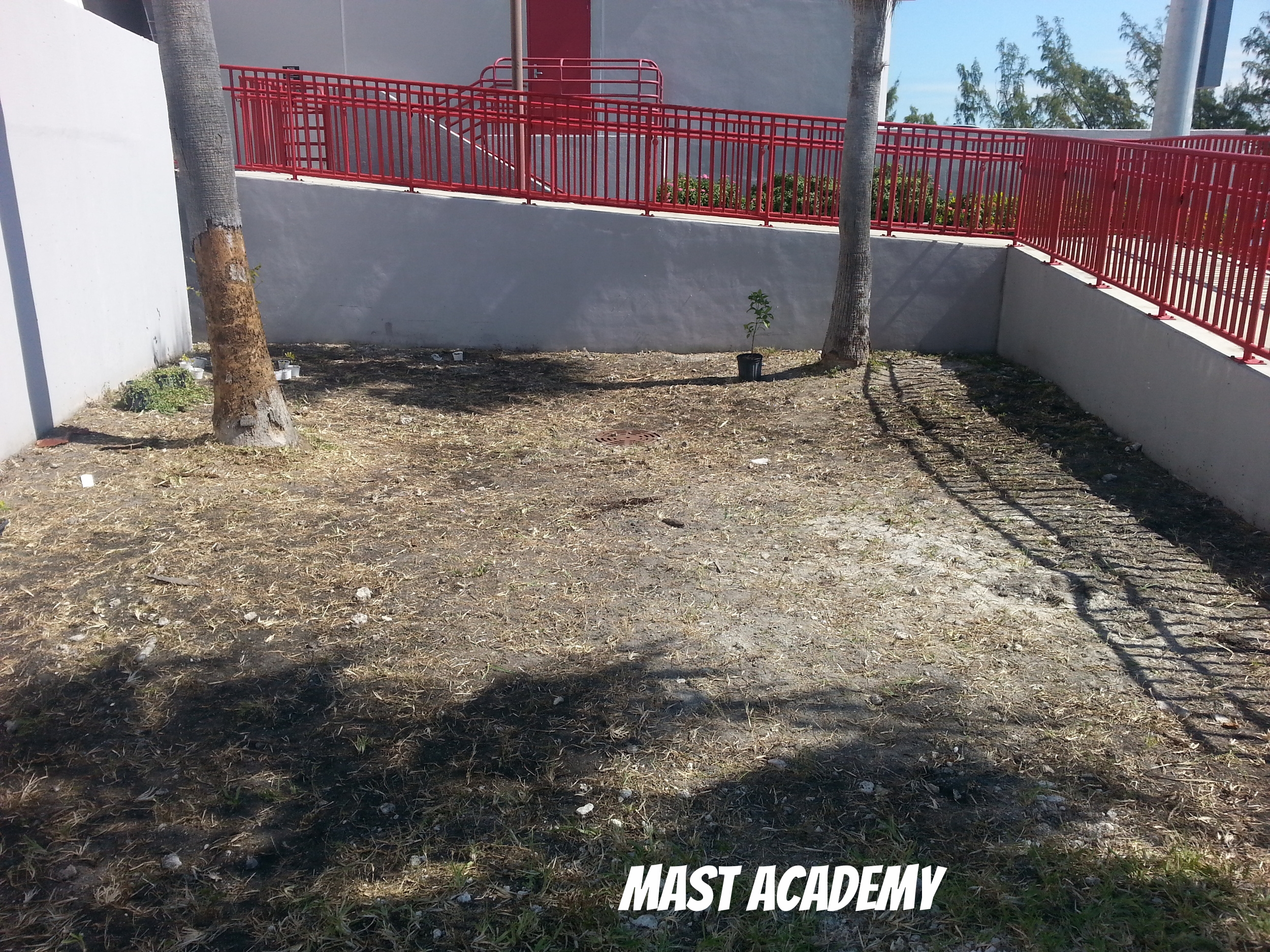
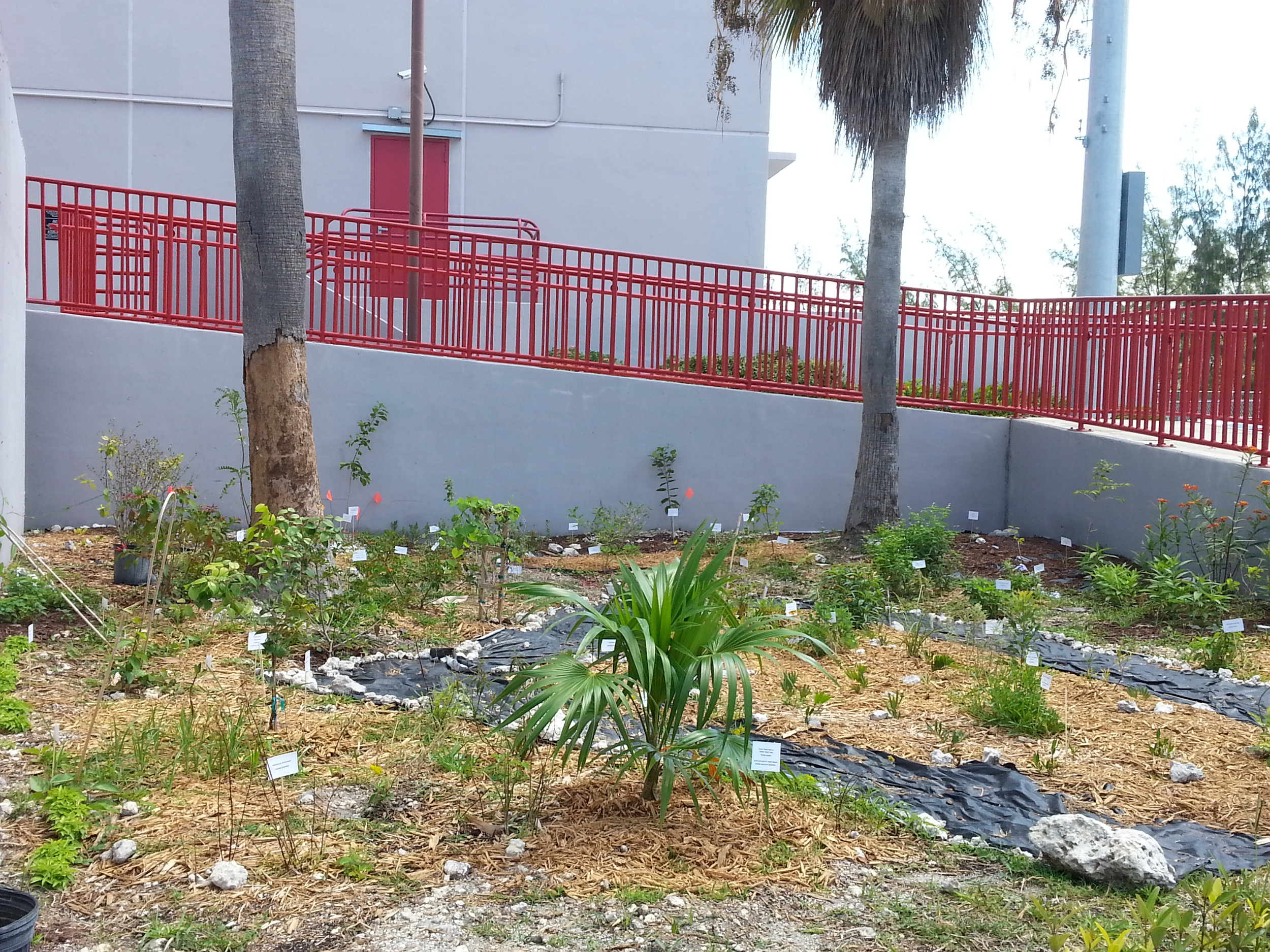
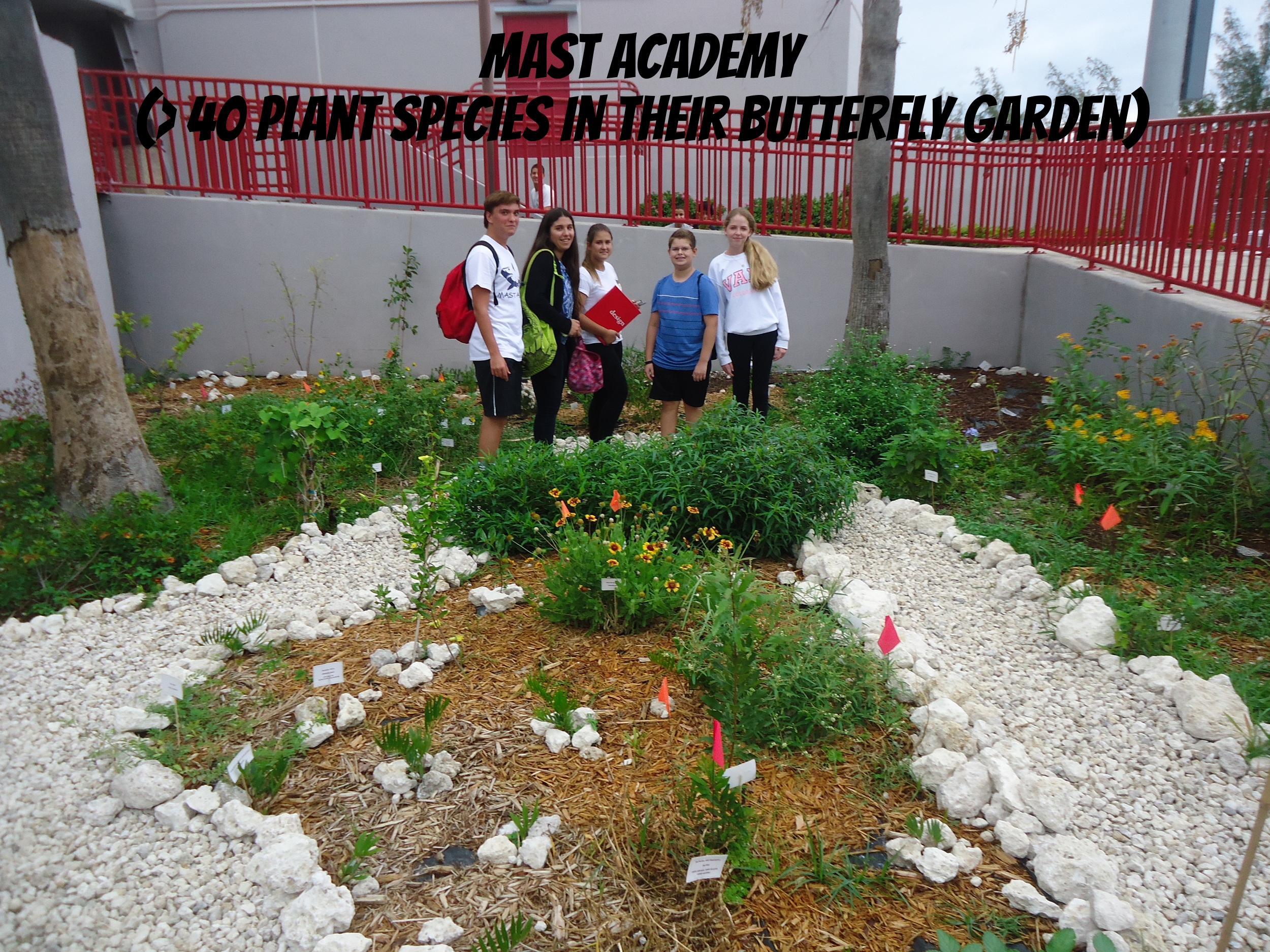
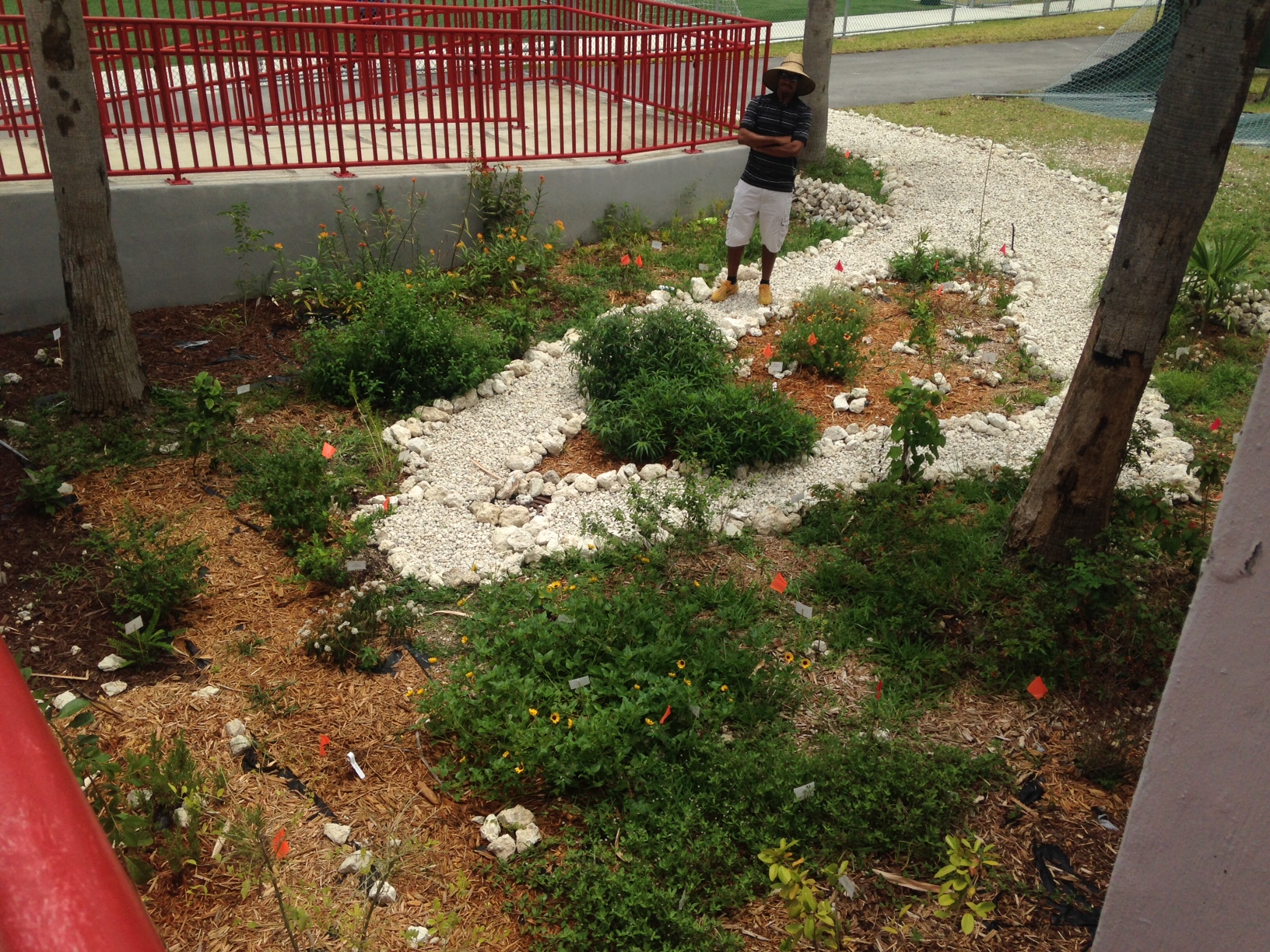
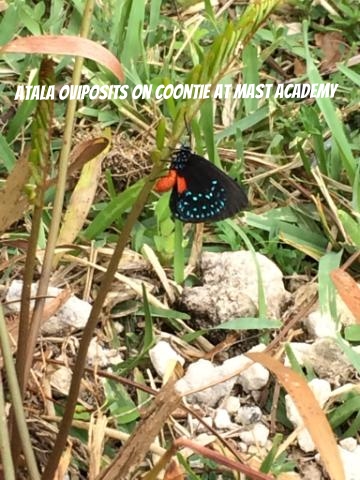
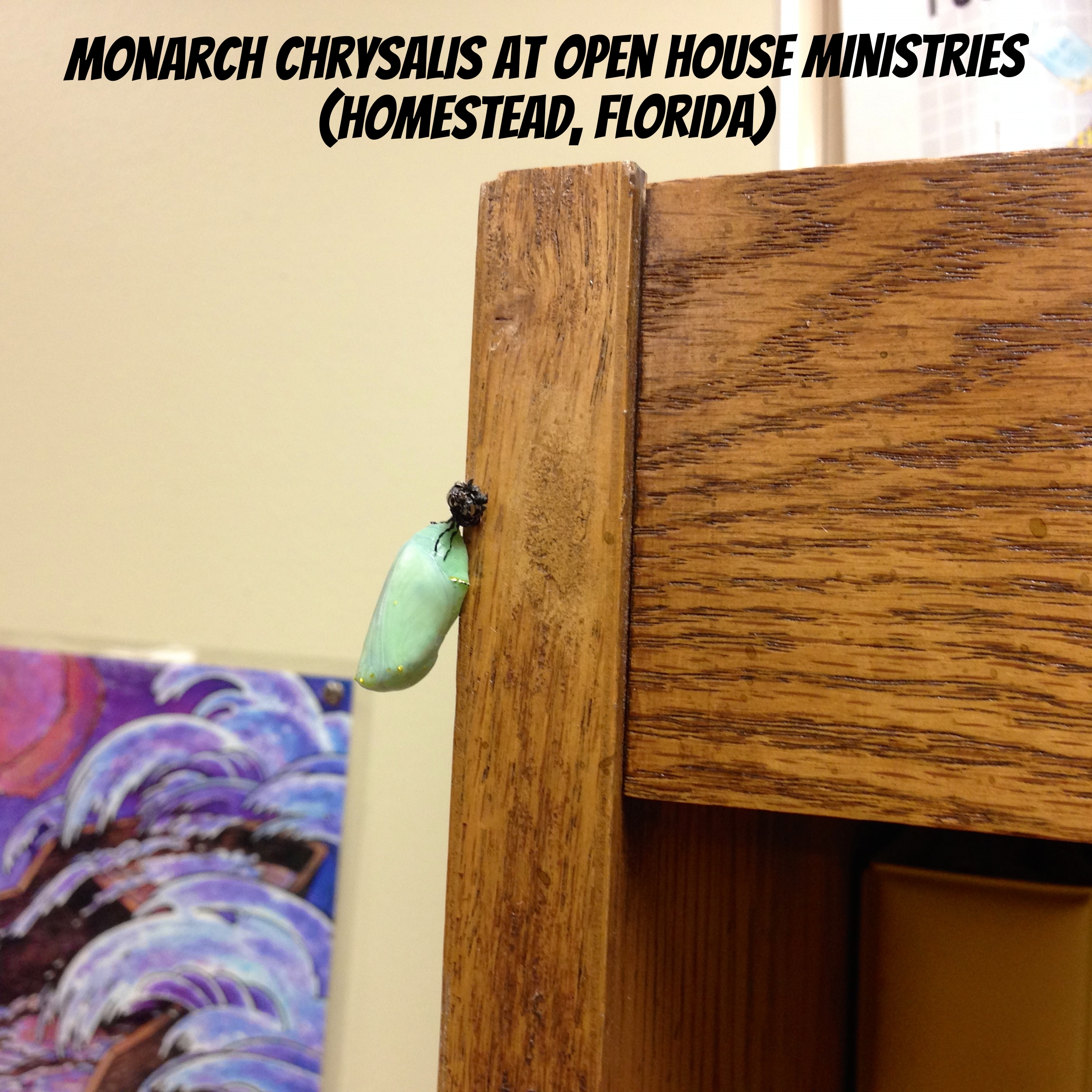
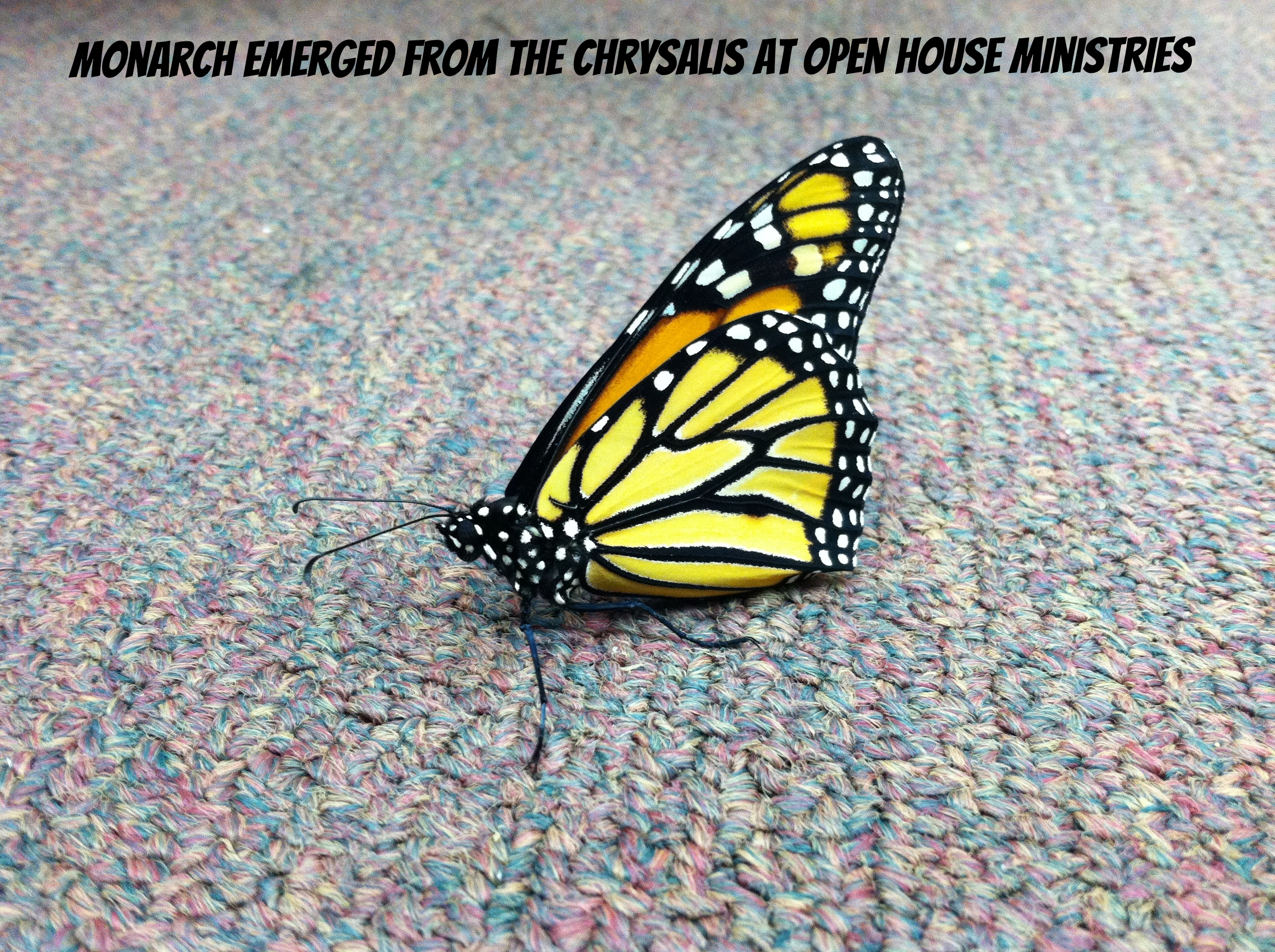
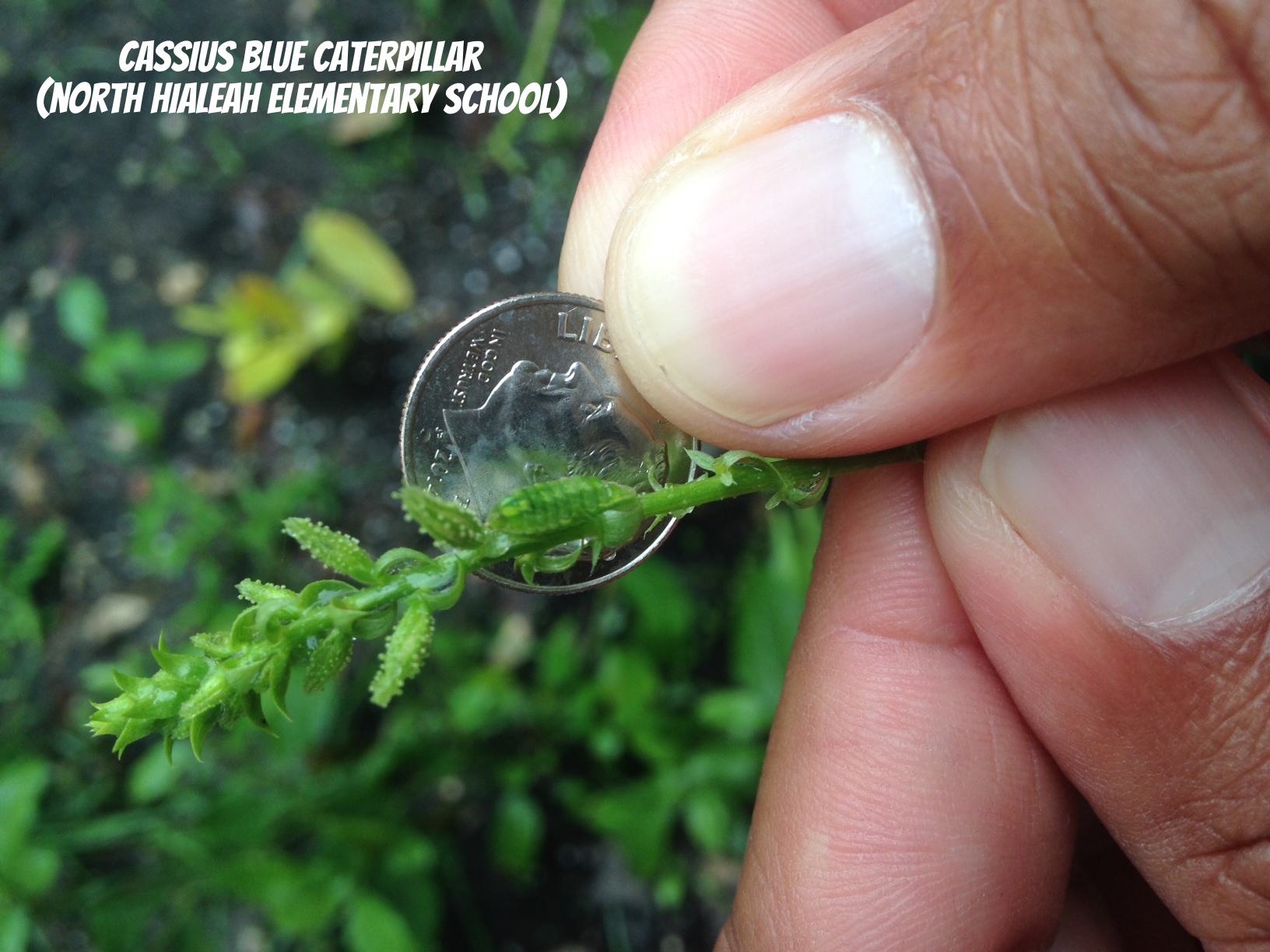
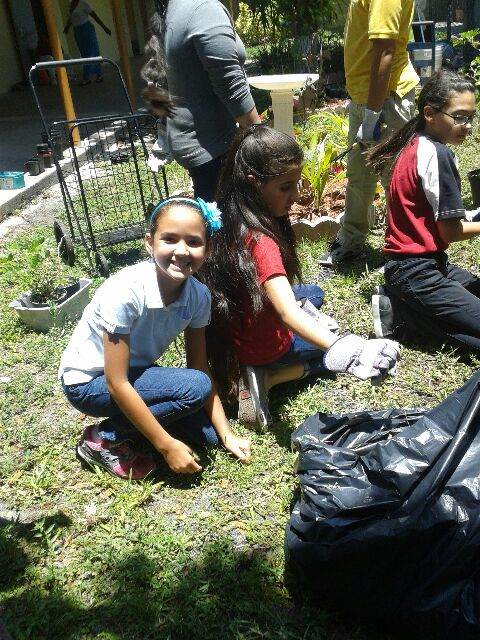
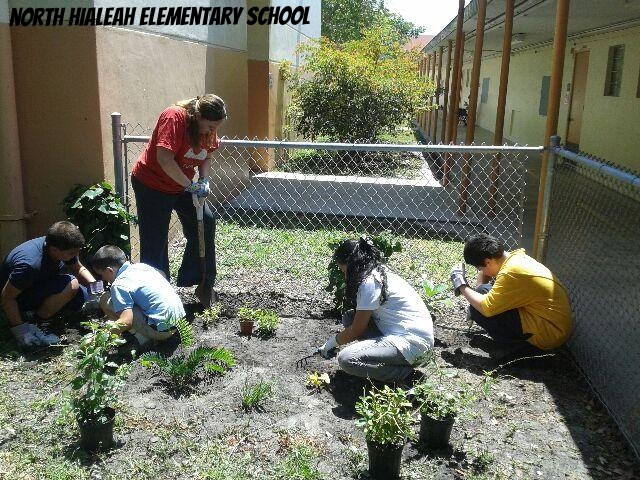
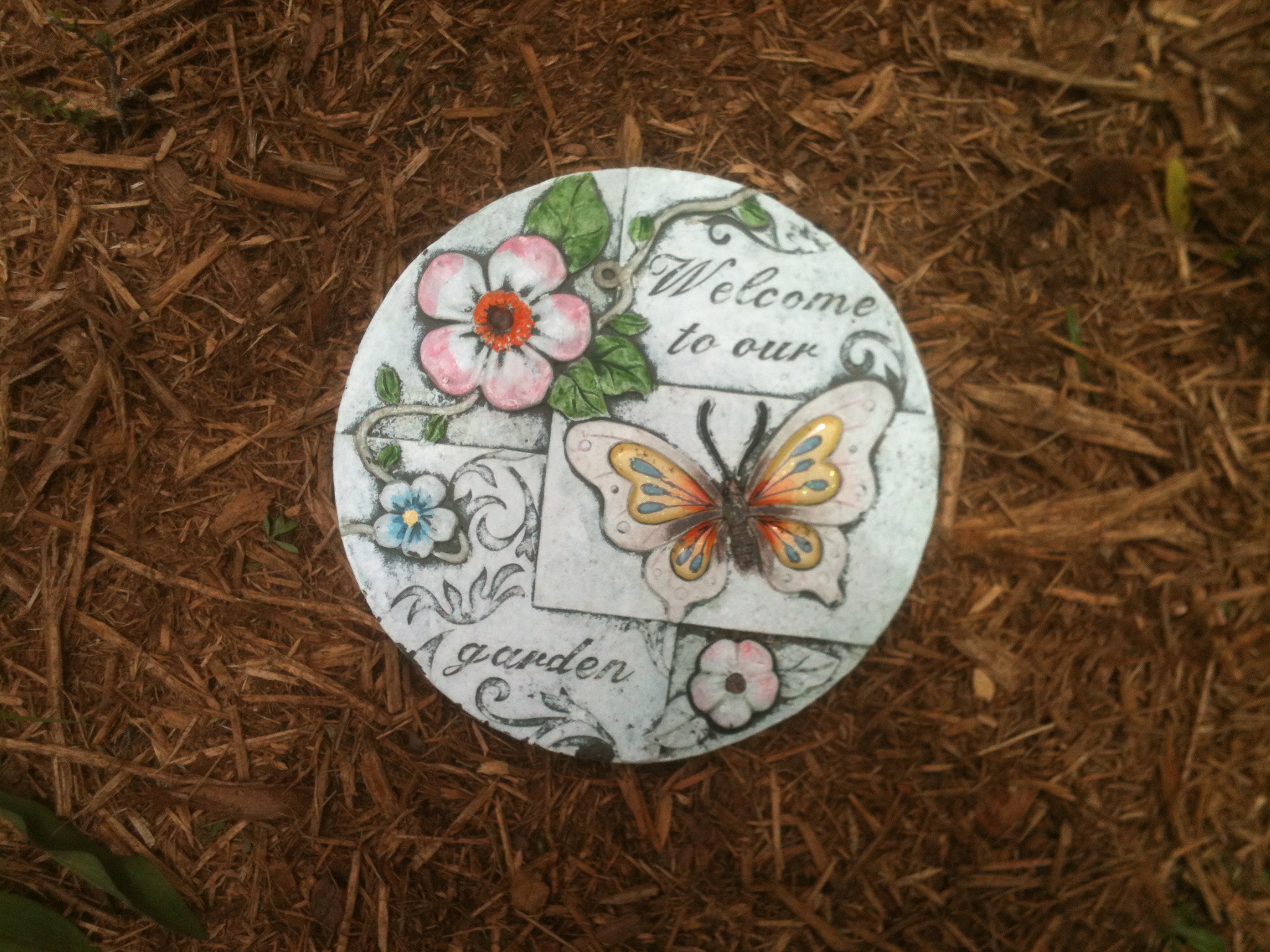
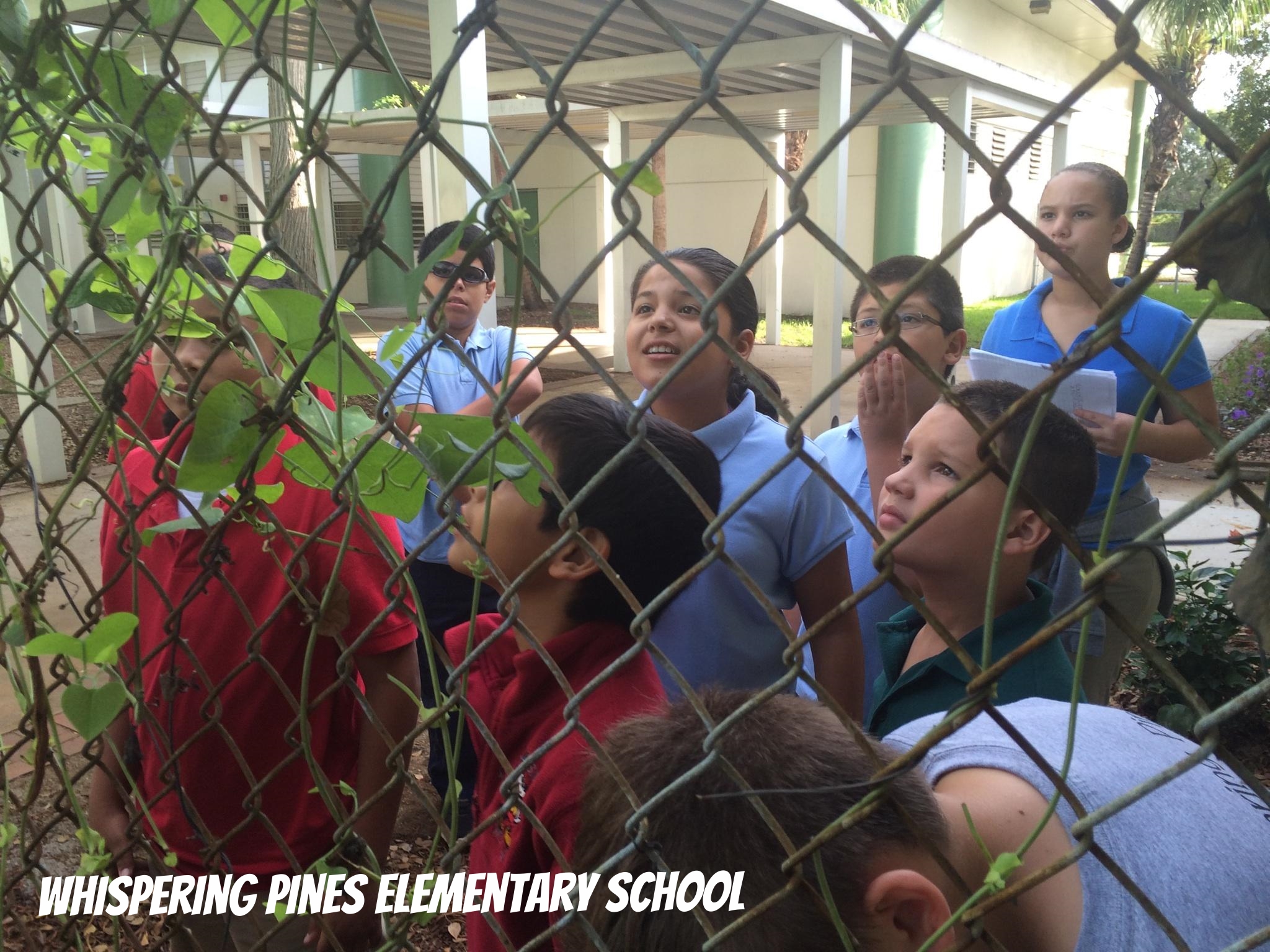
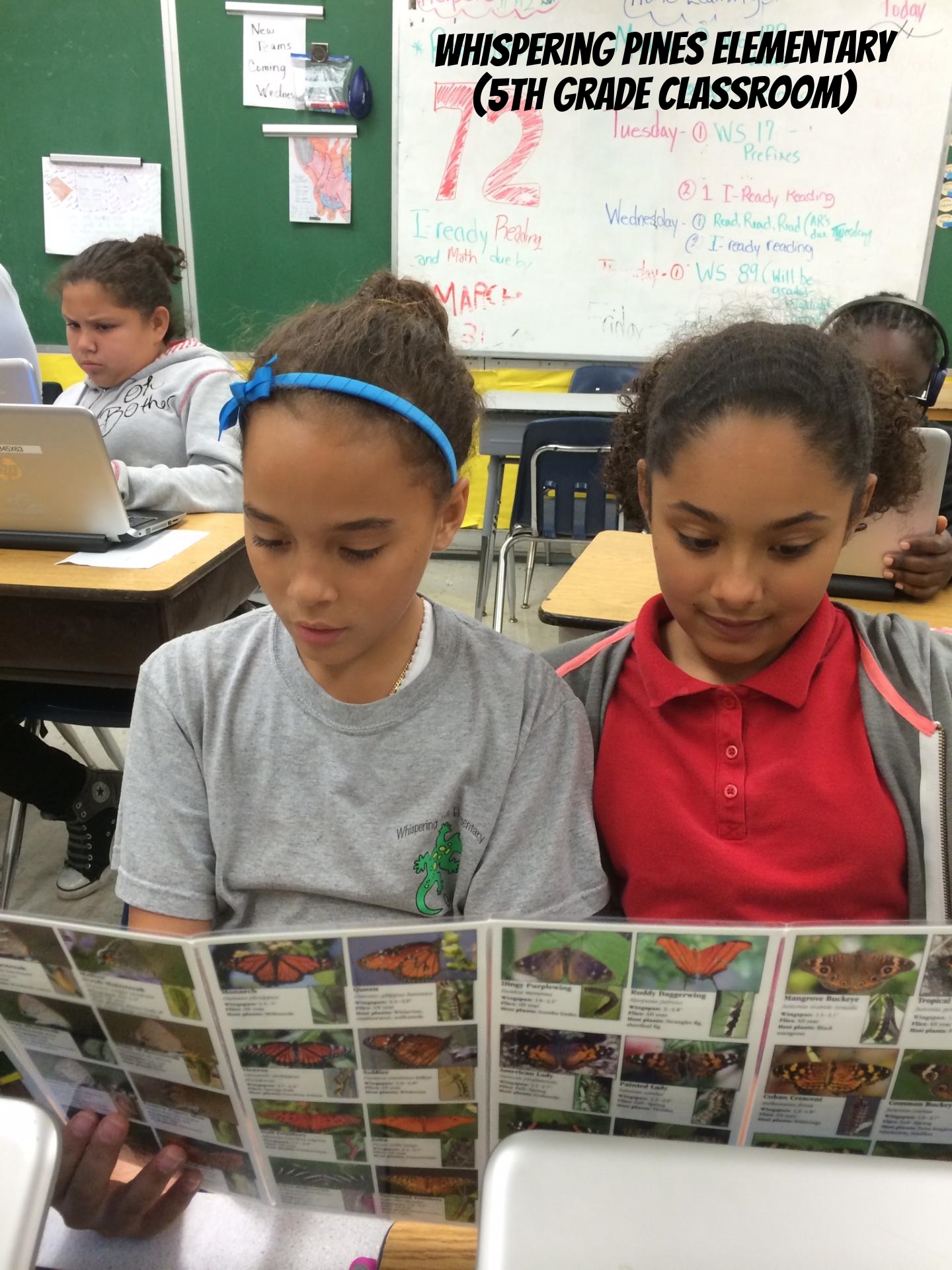
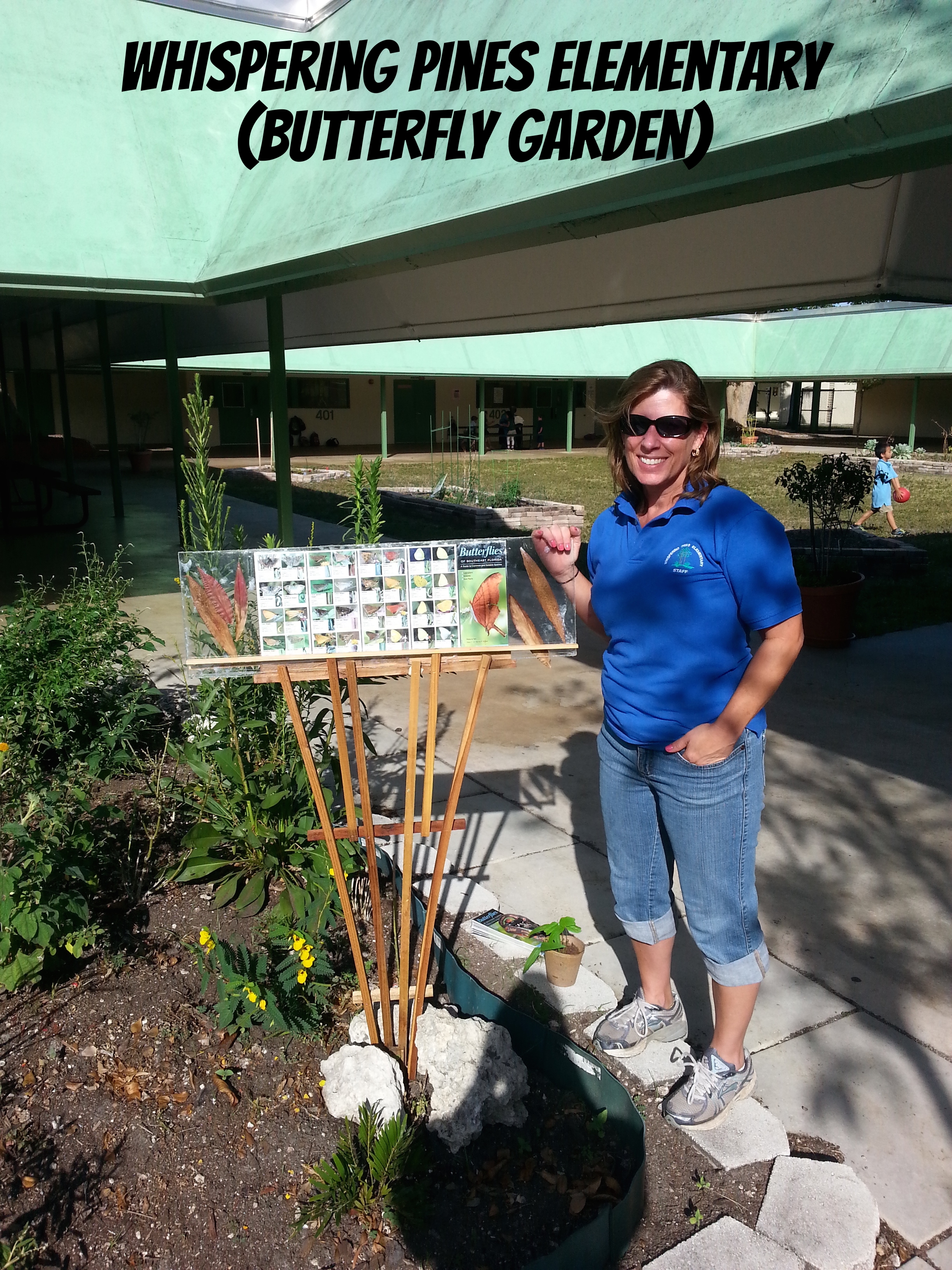
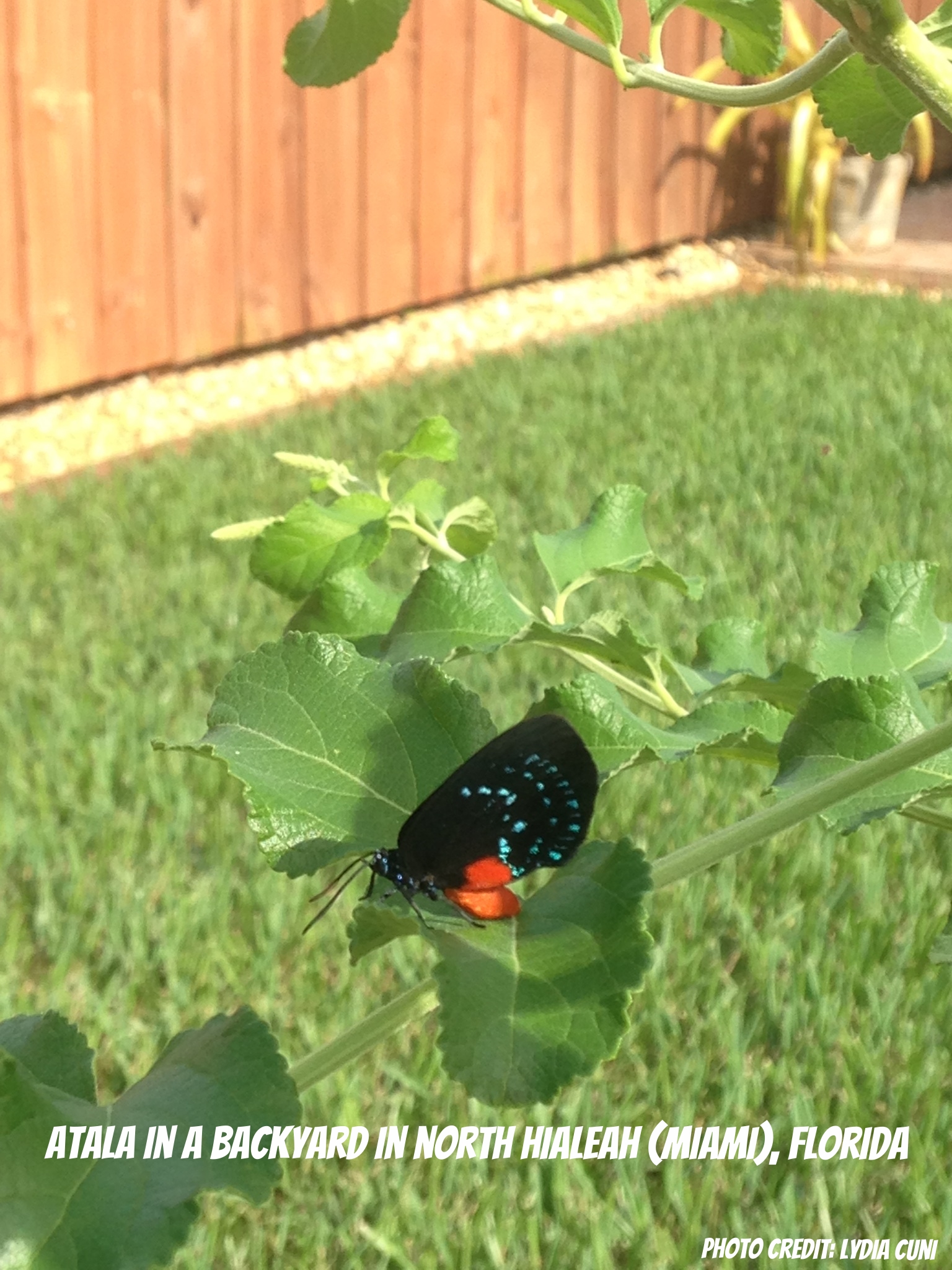
Plugging Students into Nature through Butterfly Gardening: A Reconciled Ecological Approach to Insect Conservation
Abstract
This study implemented an active-learning curriculum unit involving butterfly conservation and gardening at three schools in south Florida. An experimental group of classes received plants to take home; students maintained their plants and observed insect activity for two months. The control group of classes did not receive take-home items. Students who maintained plants at home retained their knowledge of butterflies, ecosystems and environmental stewardship significantly more than those who did not. Surveys revealed all students demonstrated favorable interest in animals and plants; however, both groups reported lower interest in insects. After project completion, more students in the experimental group had new gardens at home than students in the control group (29 percent increase vs. 5 percent decrease).
See publication here: PDF.
School Butterfly Gardens
South Florida is a particularly promising place for the use of butterfly gardens as part of a school curriculum. Unlike other regions of the US, the subtropical climate of South Florida allows people to observe butterfly activity year-round. Developing native plant butterfly gardening at schools in Miami-Dade County creates an ecological schoolyard, an opportunity to apply textbook material to the real-world, promote conservation, reduce plant blindness, and disrupt classroom monotony. Plant blindness, the inability to recognize plants in one’s own environment, leads to the inability to appreciate and understand plants as important in ecosystems and for people. Butterfly gardens can address both insect conservation and plant blindness in south Florida. Native plant diversity, especially diversity in host plants for butterflies, benefit butterfly diversity and other insects dependent on native plants.
Mrs. Monge's kindergarten class (2015) at Air Base K-8 Center. They constructed and maintained a butterfly house designed to nurture and educate students about the butterfly life cycle and conservation.
"Children are born with a sense of wonder and an affinity for Nature. Properly cultivated, these values can mature into ecological literacy, and eventually into sustainable patterns of living."
- Zenobia Barlow


